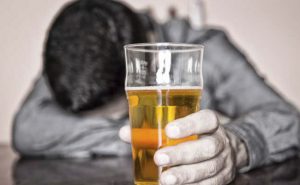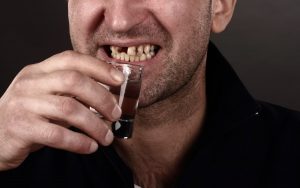The benefits of avoiding alcohol.
By
Bryce

Alcohol has been present in most people’s lives for many years. Although, over the past few years, there has been a tendency towards a decrease in the consumption of alcohol. Many successful and popular people, by their example, call for giving up alcohol. Scientists have done a lot of research on the effects of alcohol on human health and have concluded that avoiding alcohol is a huge happiness for your health.

Sleep.
Alcohol is a highly toxic substance that interferes with the functioning of your brain. Intoxication causes disruption of sleep phases, which leads to chronic fatigue. Your body does not have time to complete its recovery processes.

Brain.
Alcohol causes oxygen deficiency in your body. As a result, brain cells do not receive the necessary nutrition, which leads to the destruction of nerve connections and a decrease in cognitive abilities.

Heart.
Alcohol causes severe poisoning of the body, which leads to a deterioration in blood circulation. The heart cannot pump blood through the vessels.

Skin.
People who drink alcohol have a gray color of skin due to dehydration and oxygen deprivation. After giving up alcohol, the skin becomes bright and healthy.

Teeth.
Alcohol interferes with the production of saliva. A dry mouth after drinking alcohol affects dental health. Saliva protects your teeth from decay, so a lack of saliva puts your teeth at risk.

Bodyweight.
Alcohol is a high-calorie food. In addition, it increases appetite, and you lose control over the amount of food you eat. It is due to the disruption of the brain neurons responsible for feeling hungry.

Hormones.
Some alcoholic beverages contain various chemical additives that affect the hormonal system. Hormonal balance is essential for the functioning of all systems in your body. Sex hormones are affected primarily by the regular use of alcohol.

Taste.
Alcohol affects your taste buds, making it difficult to recognize aromas. After quitting alcohol, your receptors will recover in a few weeks.

Psyche.
Numerous experiments have shown that people who drink alcohol are more prone to stress and depression than those who do not drink alcohol. Also, after giving up alcohol, aggressiveness and anxiety decrease, the emotional state is leveled and mood improves.

Injury.
Excessive intoxication interferes with coordination and control of movements. Therefore, many people under the influence of alcohol are injured to varying degrees. Sometimes such cases end in death.